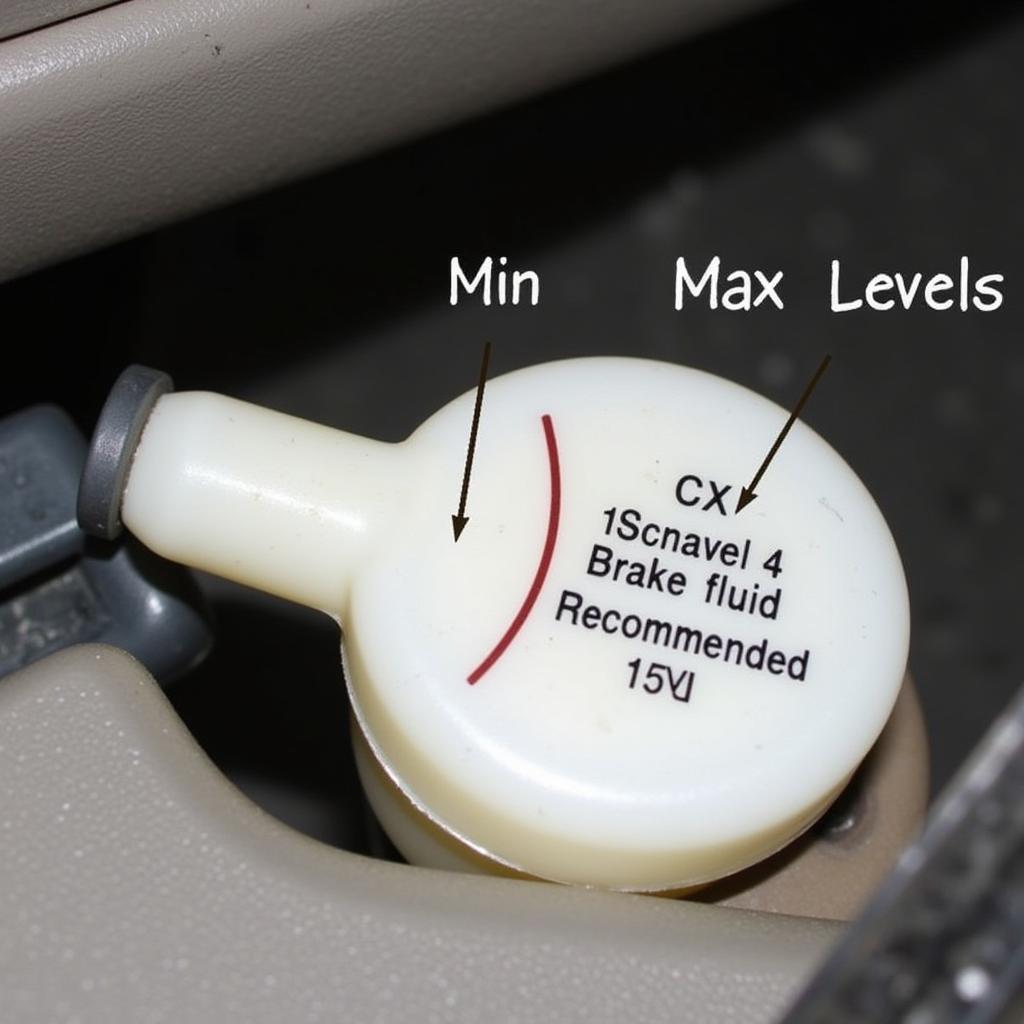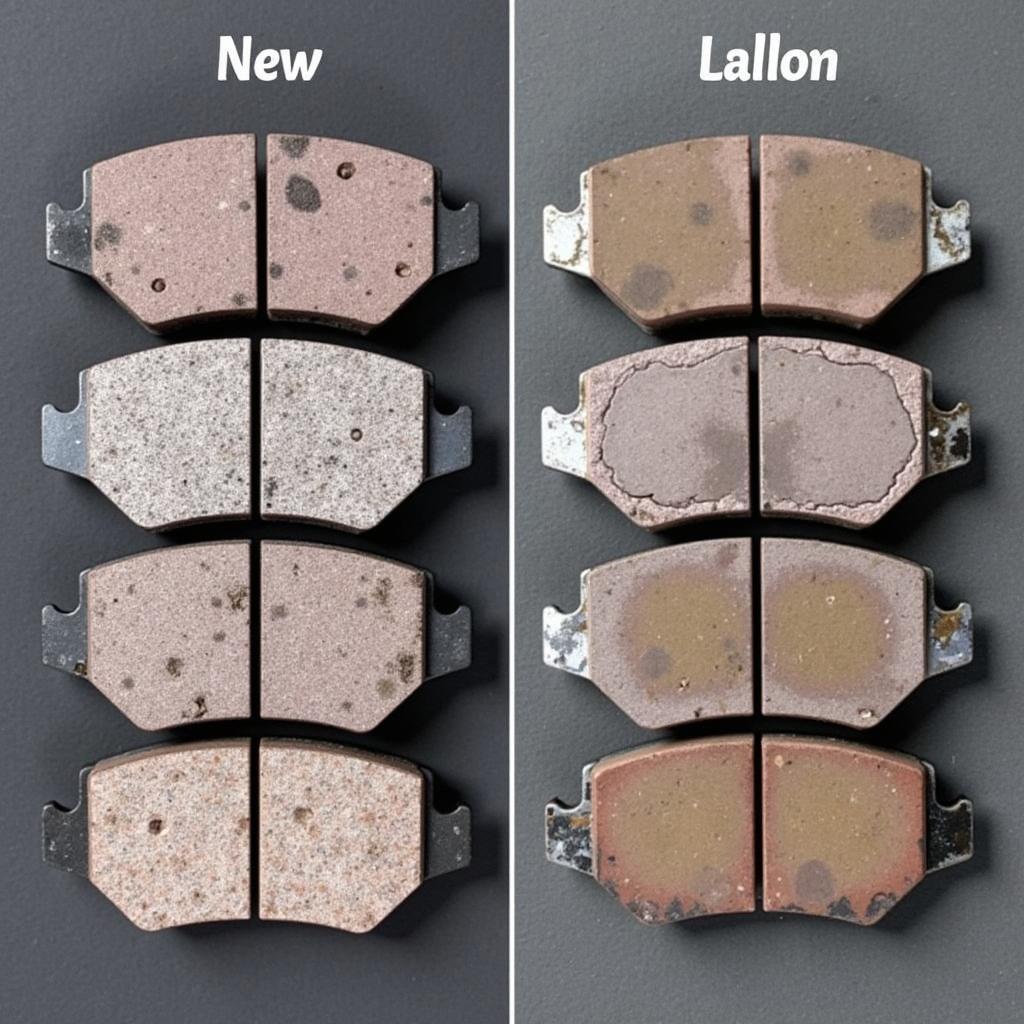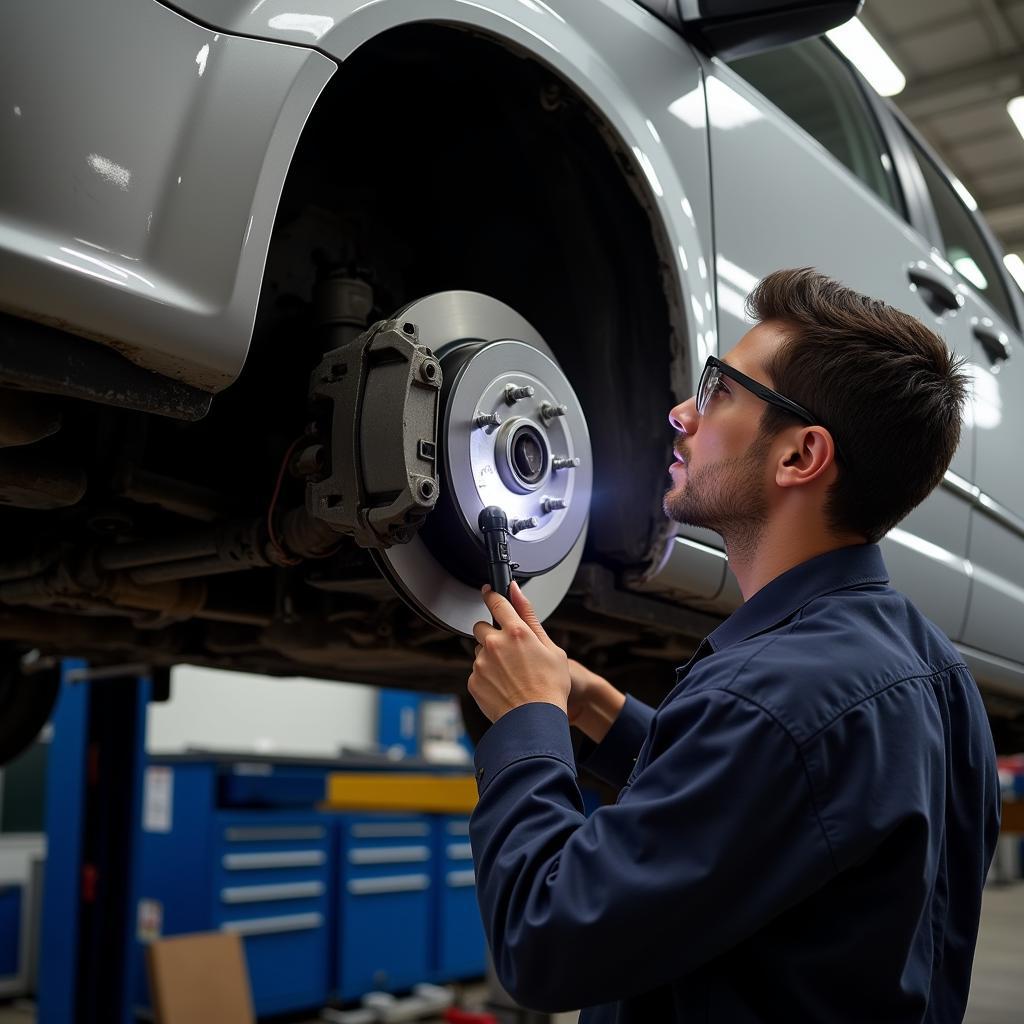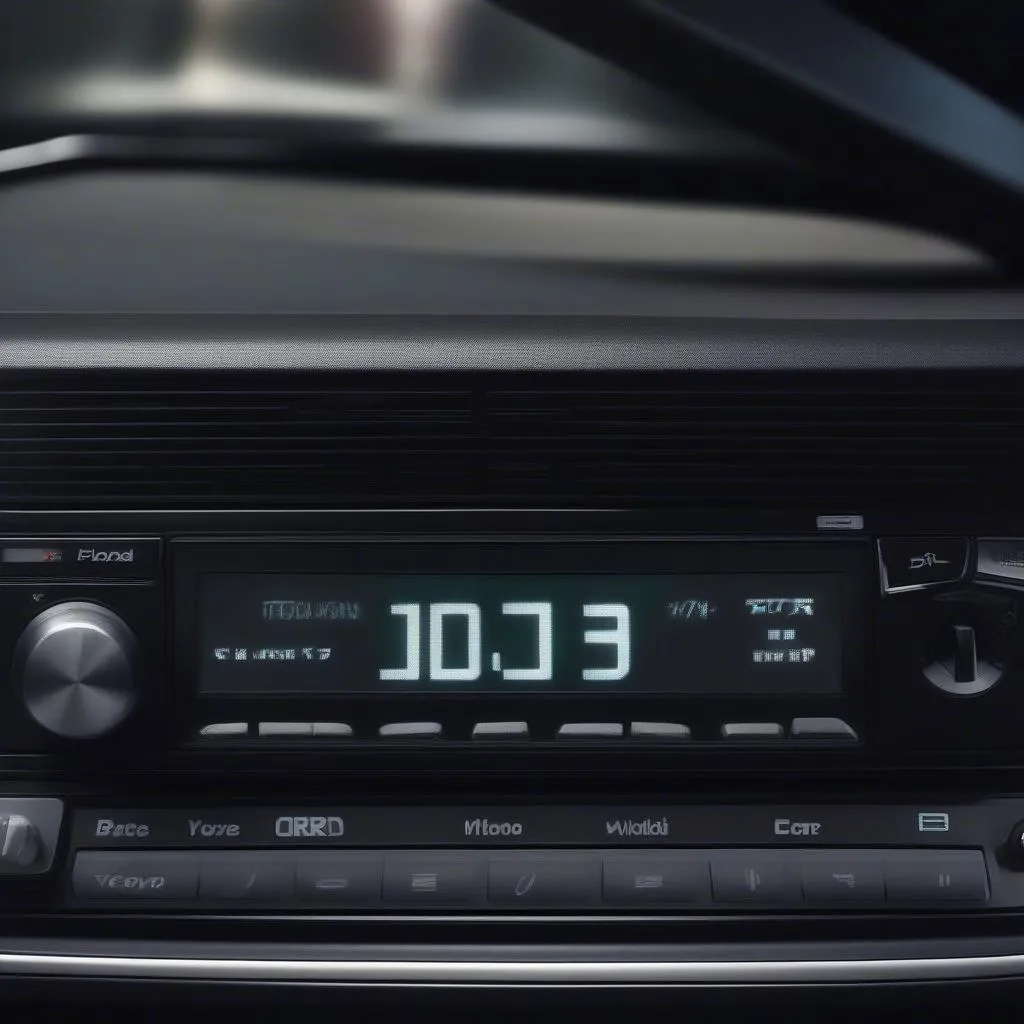The brake warning light on your 2003 Dodge Grand Caravan is an essential safety feature, illuminating on the dashboard to signal potential issues within the braking system. Ignoring this warning light could lead to reduced braking performance and potentially dangerous driving conditions. This comprehensive guide will delve into the common causes of a lit brake warning light on a 2003 Dodge Grand Caravan and provide practical troubleshooting steps to help you diagnose and potentially resolve the issue.
Understanding Your Brake Warning Light
Before jumping into troubleshooting, it’s crucial to understand what triggers the brake warning light. The light can illuminate due to several reasons, often interconnected with your vehicle’s complex braking system:
- Low Brake Fluid: This is one of the most common culprits. Brake fluid is the lifeblood of your braking system, and a leak or low fluid level can trigger the warning light.
- Worn Brake Pads: Brake pads naturally wear down over time. When they reach a certain thinness, a sensor within the brake pad will make contact, triggering the warning light.
- Faulty Brake Caliper: The brake caliper houses the pistons that push the brake pads. A stuck or leaking caliper can cause uneven braking and illuminate the warning light.
- ABS Issue: If your 2003 Dodge Grand Caravan is equipped with Anti-lock Brakes (ABS), a malfunctioning ABS system can also trigger the brake warning light.
- Parking Brake Engaged: While less serious, a simple oversight like leaving the parking brake partially engaged can also cause the warning light to come on.
Troubleshooting a 2003 Dodge Grand Caravan Brake Warning Light
 2003 Dodge Grand Caravan Brake Fluid Reservoir
2003 Dodge Grand Caravan Brake Fluid Reservoir
1. Check the Brake Fluid Level:
- Safely park your vehicle on level ground and engage the parking brake.
- Locate the brake fluid reservoir under the hood (refer to your owner’s manual if needed).
- Visually inspect the brake fluid level. It should be between the “Min” and “Max” markings on the reservoir.
- Note: If the brake fluid is low or discolored, it indicates a potential leak or the need for a brake fluid flush.
2. Inspect the Brake Pads:
- If the brake fluid level is adequate, the next step is to check your brake pads.
- You’ll need to remove the wheel to get a clear view of the brake pads.
- Examine the thickness of the brake pads. If they appear thin or close to the metal wear indicators, they need replacement.
 Worn Brake Pads on Dodge Grand Caravan
Worn Brake Pads on Dodge Grand Caravan
3. Check for Brake Fluid Leaks:
- With the vehicle safely lifted (use jack stands for safety), carefully inspect all brake lines, hoses, and connections for any signs of leaks. Look for wet spots or drips around the brake components.
- Pay particular attention to the area around the brake calipers and the master cylinder.
- Caution: Brake fluid is corrosive, so use gloves and eye protection when inspecting for leaks.
4. Listen for Unusual Noises:
- While driving, listen carefully for any unusual noises coming from the brakes. Squealing, grinding, or scraping sounds can indicate worn brake pads or a more serious issue with the calipers or rotors.
5. Consider the ABS System:
- If the brake warning light is accompanied by an illuminated ABS warning light, it might indicate a problem with the Anti-lock Braking System (ABS).
- Diagnosing ABS issues usually requires specialized diagnostic equipment, so it’s best to consult a qualified mechanic.
Expert Insight: “Many car owners underestimate the importance of regular brake fluid flushes. Over time, brake fluid absorbs moisture, which can reduce braking performance and lead to corrosion within the braking system,” says John Miller, a seasoned automotive technician with over 20 years of experience.
When to Consult a Mechanic
While these troubleshooting tips can help you pinpoint the issue, it’s crucial to remember that your brakes are a critical safety system. If you are uncomfortable working on your vehicle or cannot determine the cause of the brake warning light, it is always best to consult a qualified mechanic.
 Mechanic Inspecting Brakes on Dodge Grand Caravan
Mechanic Inspecting Brakes on Dodge Grand Caravan
Conclusion
A glowing brake warning light on your 2003 Dodge Grand Caravan should never be ignored. By understanding the potential causes and following these troubleshooting steps, you can address the issue promptly and ensure your safety on the road. Remember, regular maintenance and timely repairs are crucial to keeping your braking system in optimal condition.

